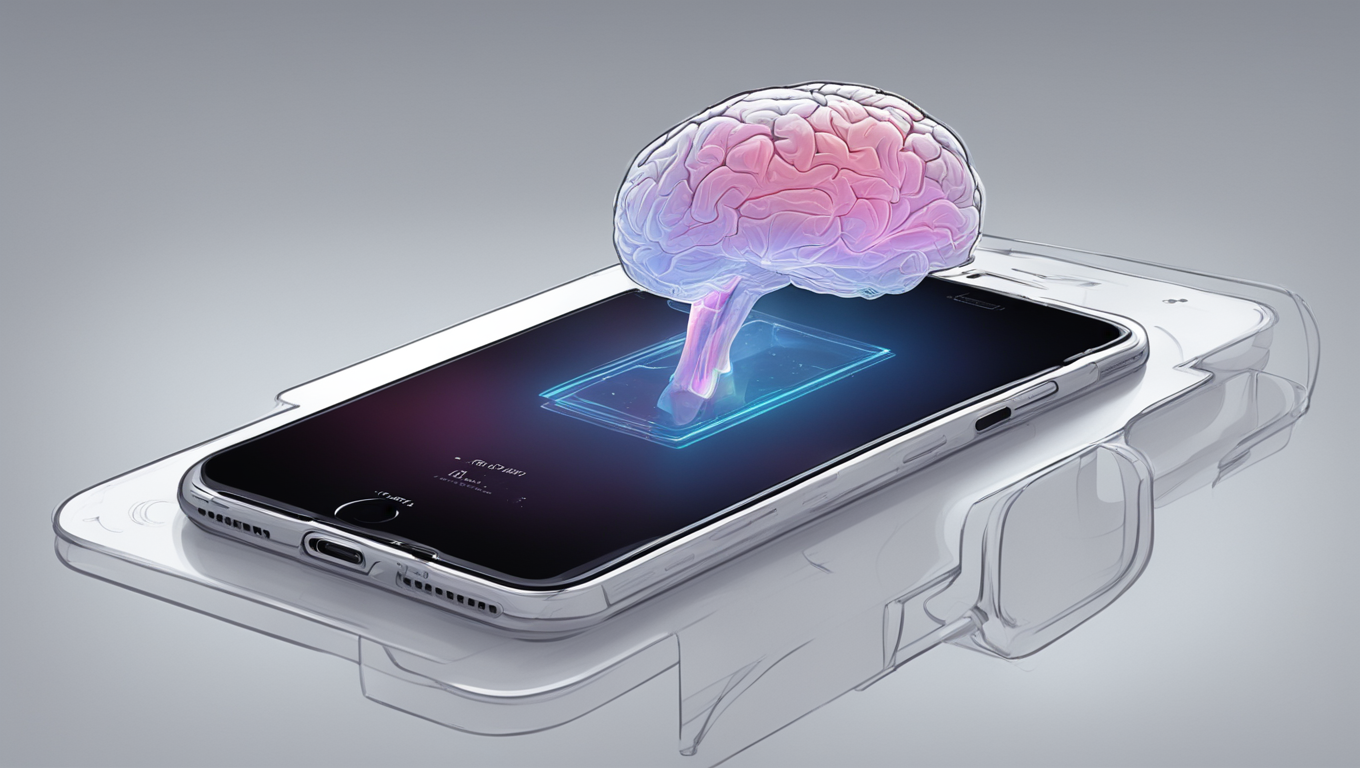Apple’s Next Move: Revolutionizing iPhones with On-Device AI Capabilities
In a surprising turn of events, Apple is quietly making significant strides in the field of artificial intelligence (AI) to bring advanced AI features to the next generation of iPhones. Financial Times reports that the tech giant has been on an acquisition spree, hiring new talent, and making hardware updates that indicate a strong focus on AI. While Apple has been known to keep its plans under wraps, industry data and academic papers suggest that the company is looking to run AI models directly on mobile devices, rather than relying solely on cloud computing.
Apple has acquired 21 AI startups since early 2017, including its recent purchase of WaveOne, a video compression specialist utilizing AI. Daniel Ives of Wedbush Securities believes that these acquisitions are a sign that “Apple can’t afford to be left behind in the AI arms race.” This sentiment is echoed by Morgan Stanley, which notes that nearly half of Apple’s current AI job postings emphasize “deep learning,” the technology behind human-mimicking generative AI such as ChatGPT. Apple also brought on ex-Google AI chief John Giannandrea in 2018, signaling its intention to bolster its AI capabilities.
Although Apple is known for its secrecy, industry insiders suggest that the company is developing its own large language model for generative AI applications. The goal is to run advanced generative AI directly on iPhones, without relying solely on cloud data centers. This is a challenging task that requires streamlined AI models and faster mobile chips. Apple is playing catch-up in this regard, as Samsung and Google have already showcased generative AI features powered by their latest smartphones.
All eyes are now on Apple’s Worldwide Developers Conference, which is typically held in June. Analysts anticipate that iOS 18 will focus on enabling on-device generative AI. This could include Siri using a large language model, finally bringing Apple in line with rival voice assistants.
To support intensive AI workloads, Apple has been making significant advancements in its chip technology. The recently announced M3 Max chip for the MacBook boasts the ability to handle billions of AI parameters. Additionally, the iPhone 15’s A17 Bionic chip features a powerful neural engine designed for tasks like image recognition. With these advancements and the acquisition of AI talent, Apple seems to have set a strong foundation for advanced generative AI.
While competitors may have moved more quickly, the launch of iOS 18 could be the moment Apple catches up on the software side and puts AI directly into the hands of millions of iPhone users. It’s clear that Apple is determined to revolutionize iPhones with on-device AI capabilities, and the world eagerly awaits what they have in store.





Use the share button below if you liked it.